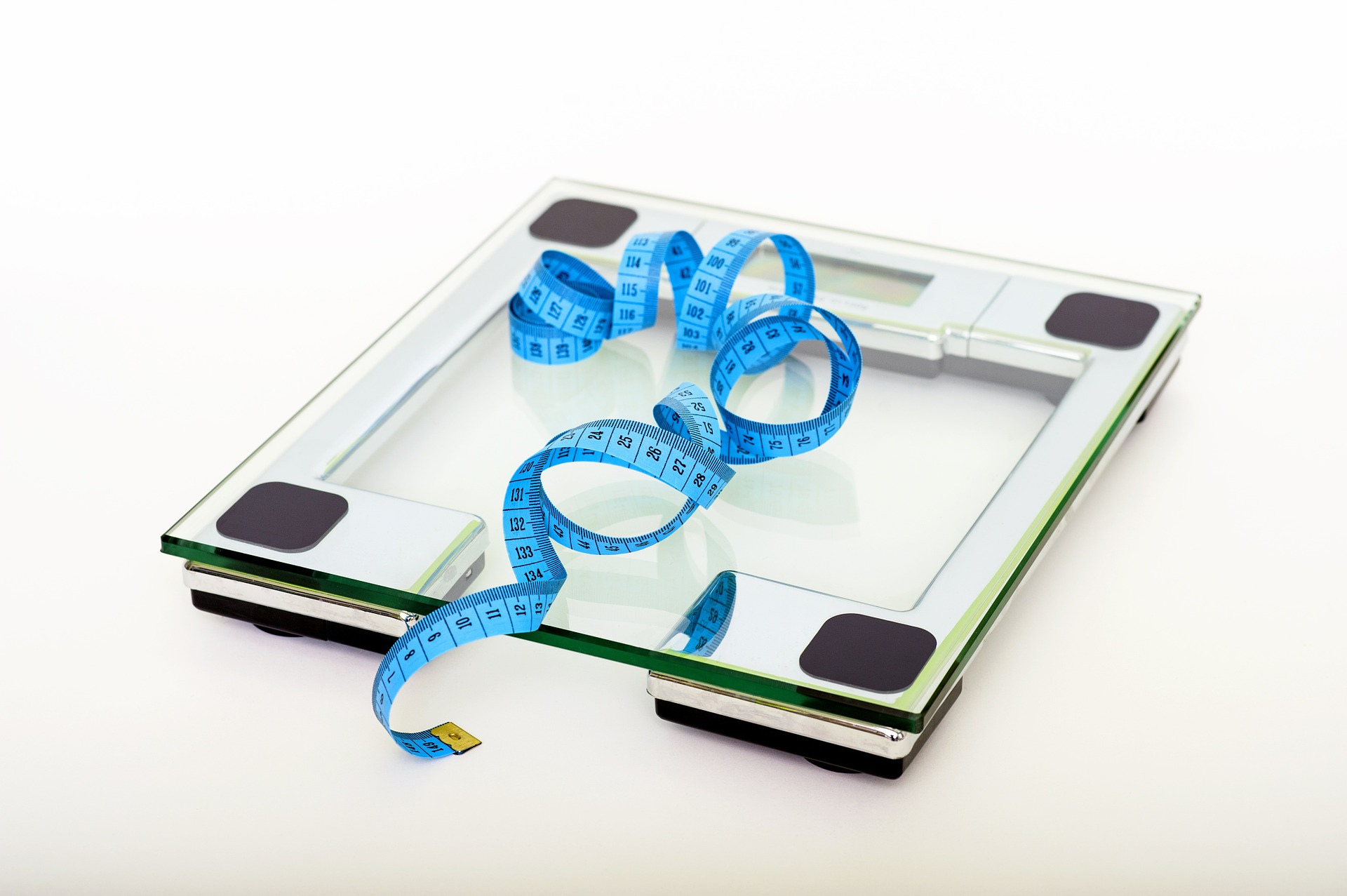
Weight loss may often feel like an impossible goal. Why? If you eat fewer calories than what your body uses, then you should lose weight right? Not exactly. If you eat too few calories it can actually make it harder for you to lose weight. Here are a few reasons why it’s important to get enough calories when you are trying to lose weight.
- We need energy. Calories are a way to measure energy in the body. Without enough calories or energy, your body will get tired quickly and won’t be able to function at its best. If you are tired, then it is harder to focus, exercise, or make general decisions. All are important for a healthy lifestyle and weight loss.
- We need nutrients. If you eat too few calories, it is hard to get all the vitamins and minerals your body needs to work properly.
- Slows your metabolism. If you eat fewer calories, your metabolism slows down as well. This is why many people reach a plateau in weight loss.
- You could lose muscle. If you cut too many calories, some of the weight you lose could be muscle rather than fat. Also, if you are tired and do not exercise, that can lead to more muscle loss. Muscle can help preserve bone density, improve blood sugar, and boost your metabolism so you burn more calories.
- Hard to maintain. A low-calorie diet, less than 1200 calories, can be hard to maintain in the long term. Many people feel so restricted that they return to their previous habits and gain the weight back. During that time, they have often lost muscle and the weight they gain back is usually from fat.
- No difference long term. Low-calorie diets often lead to more weight loss in the beginning, but it is mostly due to water loss. Research shows that a mild decrease in calories has the same amount of weight loss in the long term.
- Other concerns. If you eat too few calories, there can be side effects, including fatigue, nausea, constipation, headaches, and diarrhea. Rapid weight loss also has side effects such as reproductive disturbances, heart arrhythmias, hair loss, and gallstones.
Reaching a Healthy weight
Healthy weight loss is considered to be ½-2 pounds per week. This can be achieved through a well-balanced diet and decreasing daily calories by 250-500. However, it is recommended that the minimum daily calories should be no less than 1400 for women and 1800 for men. This method may be slower, but it often allows for more fat loss, maintains muscle, and is likely more sustainable. Even a 5-10% decrease in weight can have major health benefits.